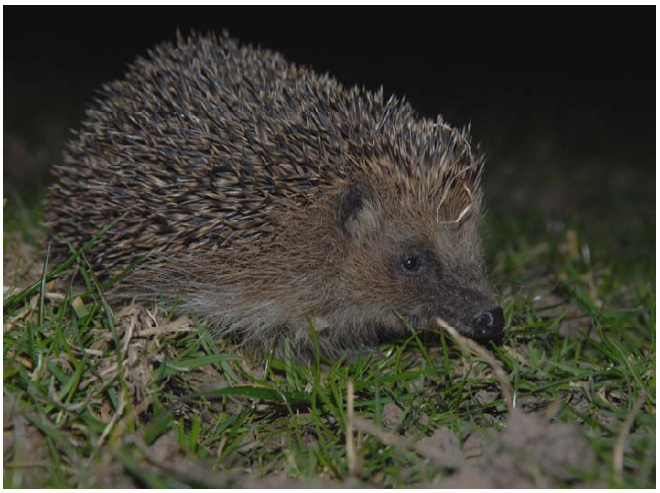Hedgehogs and badgers

Untangling the roles of prey availability, habitat quality and predation as predictors of hedgehog abundance
Hedgehogs are in trouble and, in some cases, badgers can be a problem
Hedgehogs are in trouble, but understanding why is complicated and can vary in different areas. They need plenty of food and shelter for nests. They need places to hide from predators. Some areas of our countryside have dense hedgerows and thriving field margins with plenty of beetles and worms for hedgehogs – and other animals – to feed on.
But when these basic needs aren’t met, in areas of farmland with huge fields and very little in the way of shelter in between them, then hedgehogs are likely to suffer. Badgers not only eat the same food as hedgehogs but, when hungry, they can also eat hedgehogs too.
Finding a happy medium
There are many places where hedgehogs and badgers live alongside each other, and always have done. And hedgehogs have declined in some places with few badgers. Does an increase in badgers in some rural areas pose a direct threat through predation? Or perhaps an indirect threat as they compete for similar food species? It’s something of a puzzle.
In order to untangle the puzzle, PTES is providing funds to Katie Lee, based at Nottingham Trent University, who is travelling across the country visiting different farms. Katie is investigating areas where hedgehogs and badgers live together, areas where only hedgehogs are found and other farms with only badgers present.
By collecting information on the type of habitat, the amount of food available and what size the populations of both species are, Katie hopes to begin to unravel this puzzle. When she has, then we can advise farmers what type and quality of habitat is needed to ensure hedgehogs can live happily alongside badgers in our countryside again – as they did for thousands of years. There is much to do, but Katie is determined to get to the bottom of this.
This project is only possible thanks to our generous donors. Can you help by donating today?
